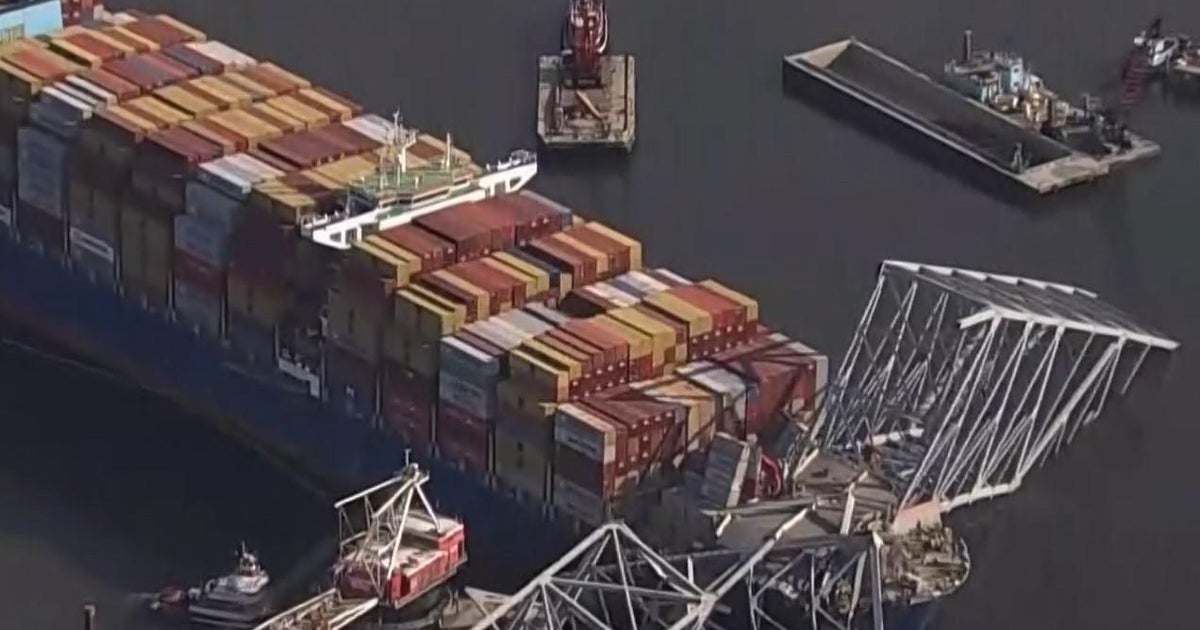Successful Rocket Launch From Wallops Island Lights Up Night Sky
BALTIMORE (WJZ) -- A successful blast off, as NASA sends an unmanned rocket into the night skies, just two years after disaster on that same launching pad.
Ava-Joye Burnett has more on the launch which was visible across several states.
Many gazed at the night's sky getting a glimpse of science in action as a rocket ship lit up the night sky, and helping with future space exploration.
The Orbital ATK Antares rocket set off at 7:40 p.m. Monday night, after a delay from a cable issue on Sunday. The Cygnus spacecraft will be heading to delivery cargo to the International Space Station.
A successful launch, compared to two years ago on the same launch pad from Wallops Island in Virginia, when a similar rocket blew up after take-off. Further launches from the Virginia facility were stalled until now.
The International Space Station hasn't received shipments in the two years since the failed launch. The memories had NASA understandably nervous.
"Yeah they are nervous, but that's kind of a natural for any kind of rocket launch, but I think we are excited," said Keith Koehler, news chief of NASA at Wallops.
According to NASA, the launch was visible all up and down the east coast. That rocket was carrying vital supplies to the international space station.
The rocket launched on Monday night is carrying 5,100 pounds of cargo. That includes more than 1,200 pounds of supplies for the crew. There were 2200 pounds of vehicle hardware, about a hundred pounds of computer resources, and 11 pounds of spacewalk equipment.
"We get new tools from this," said Dr. Stephen Providence, mathematics and computer science professor at Coppin State University.
Dr Providence says rocket science leads to advancements in technology or even medicine that can help us back here on earth.
"It's amazing that we are pulling this off. I am one of those star trek fans and I love the idea of going into space on the general sense, but this is the real thing and we are doing real science. real space science," said Dr. Providence.
Sky gazers in Maryland got a glimpse of the rocket streaking across the night sky.
"So this was like an amazing event, didn't expect to see it," said local watcher Gilbert Pack.
After the awe, there's now wonder about what's next. The goal is to get astronauts to mars in the 2030s-- and that's not a long time from now.
The unmanned rocket is expected to arrive at the International Space Station on Sunday.
Follow @CBSBaltimore on Twitter and like WJZ-TV | CBS Baltimore on Facebook



